In 2015, British Glass and the glass industry published a decarbonisation roadmap in conjunction with the Department for Business, Energy & Industrial Strategy (BEIS). The roadmap was based on an 80% reduction in CO2 emissions by 2050.
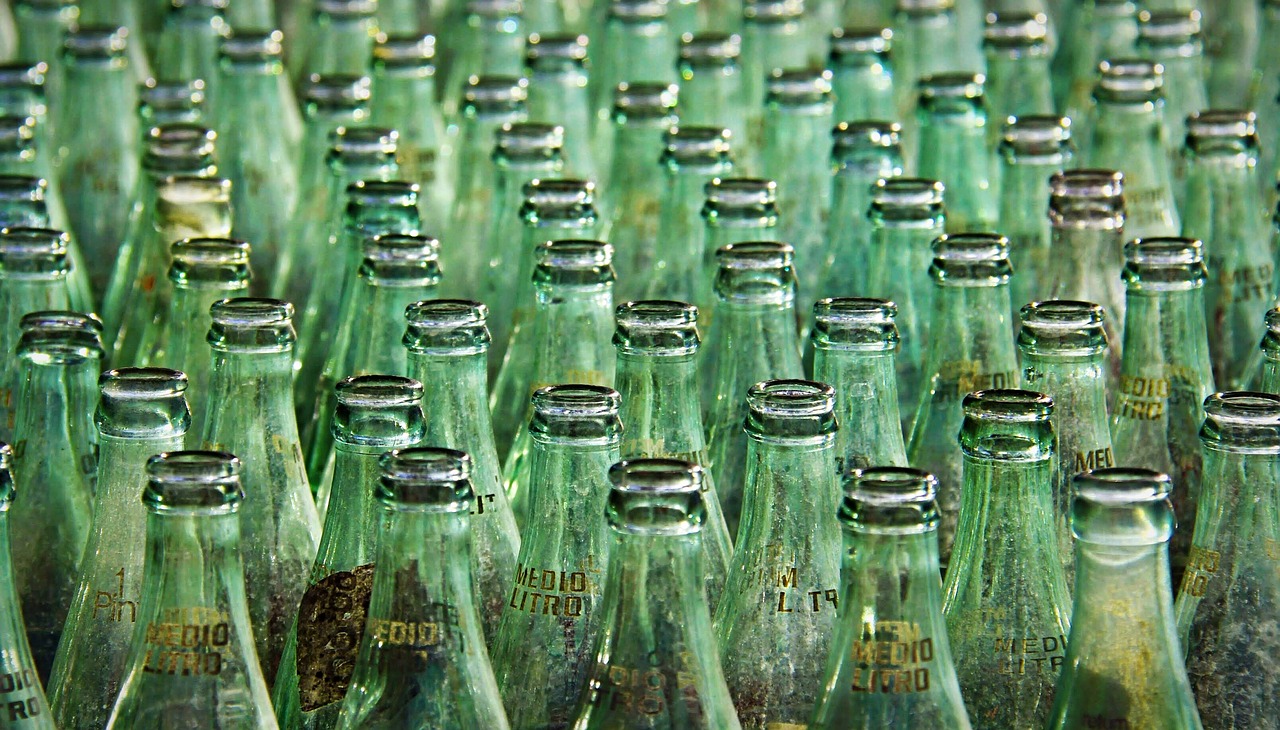
Today’s net zero strategy is an update of the 2015 decarbonisation roadmap, to reflect the UK government committing to the UN Climate Change Paris Agreement. The Agreement requires the UK to reduce greenhouse gas emissions to net zero by 2050.
Dave Dalton, British Glass CEO, said: “This is an exciting but challenging road ahead for UK glass manufacturers on the journey to net zero, but we are committed and well-placed to achieve this, provided the industry is supported with relevant policy to overcome the barriers to success.
“We are confident that the measures presented in the net zero strategy will outline the best route to both reducing and eventually eliminating carbon emissions from our industry, but it is essential that we receive the support required from government to fulfil our ambitions.”
British Glass says the strategy was produced in consultation with its members.
Cullet
The key barriers to success identified by British Glass include financial viability due to the high costs of alternative fuels, access to alternative fuels and the availability of recycled glass or ‘cullet’.
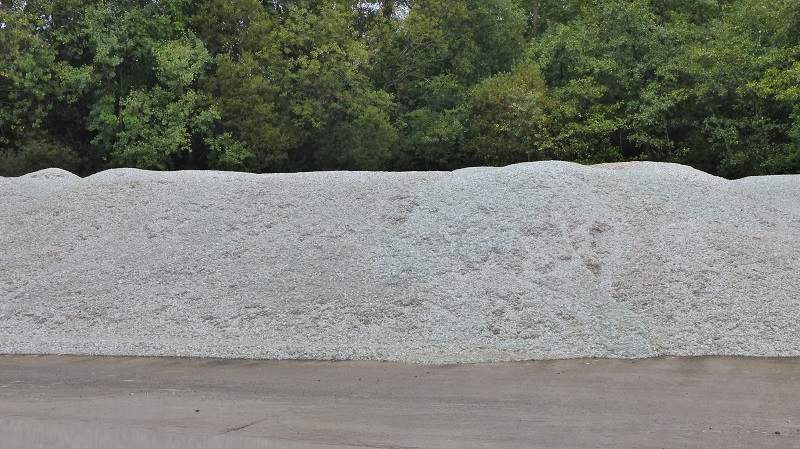
British Glass suggests the increased use of cullet is a key aspect of the strategy. Increasing cullet use could save 0.016 tonnes of CO2 per tonne of packed glass produced (tCO2/t), British Glass says.
For each tonne of glass recycled, the trade body says, approximately 580kg of CO2 is saved through the supply chain, air pollution is reduced by 20% and water pollution is cut by 50%.
Currently, there is a shortage of good quality cullet for glass manufacturers to “maximise the CO2 saving”, British Glass says.
According to British Glass, 71% of container glass was recycled in 2019.
Strategy
British Glass’s net zero strategy targets reducing combustion emissions by 0.397 tCO2/t, process emissions by 0.074 tCO2/t and other emissions by 0.198 tCO2/t.
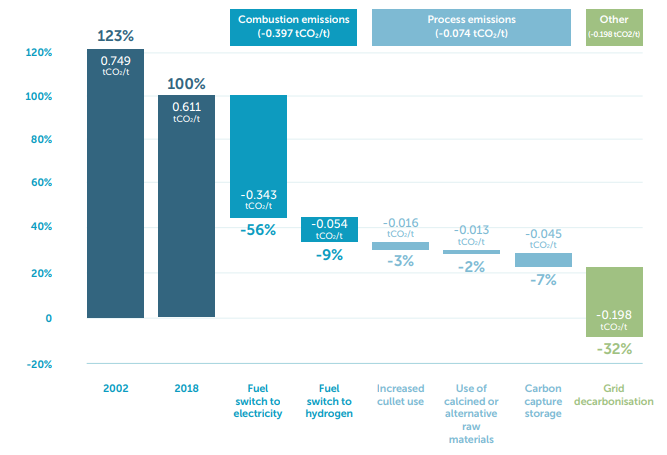
The trade body’s model assumes all “necessary research” and large-scale industrial demonstrations of new technologies take place, the grid decarbonises and becomes carbon negative by early the 2030s, and the government implements the policies outlined in the strategy.
To boost the circular economy for container glass, the trade body’s strategy proposes a new remelt target for obligated producers, “continued innovation” in the recycling system to cut losses and increase yields of glass available for remelt, and excluding glass from the upcoming UK-wide deposit return schemes, among other measures.
Flat glass
The strategy contains specific proposals relating to flat glass, as opposed to container glass. Flat glass is an essential everyday material used in buildings and vehicles, British Glass says, as well as other applications such as solar panels.

Of the 750,000 tonnes of end-of-life waste flat glass generated each year in the UK, around 500,000 is landfilled, according to European flat glass trade association Glass for Europe. The rest is recycled for use as aggregates in construction.
British Glass proposes writing the recycling of flat glass into public sector contracts, boosting collection infrastructure for flat glass and introducing a landfill tax that incentivises flat glass recycling.
The report from British Glass comes as the Environmental Services Association (ESA) targeted the waste sector as a whole reaching net-zero carbon emissions by 2040, a decade earlier than the government’s deadline (see letsrecycle.com story).
Related links
Glass sector net zero strategy 2050



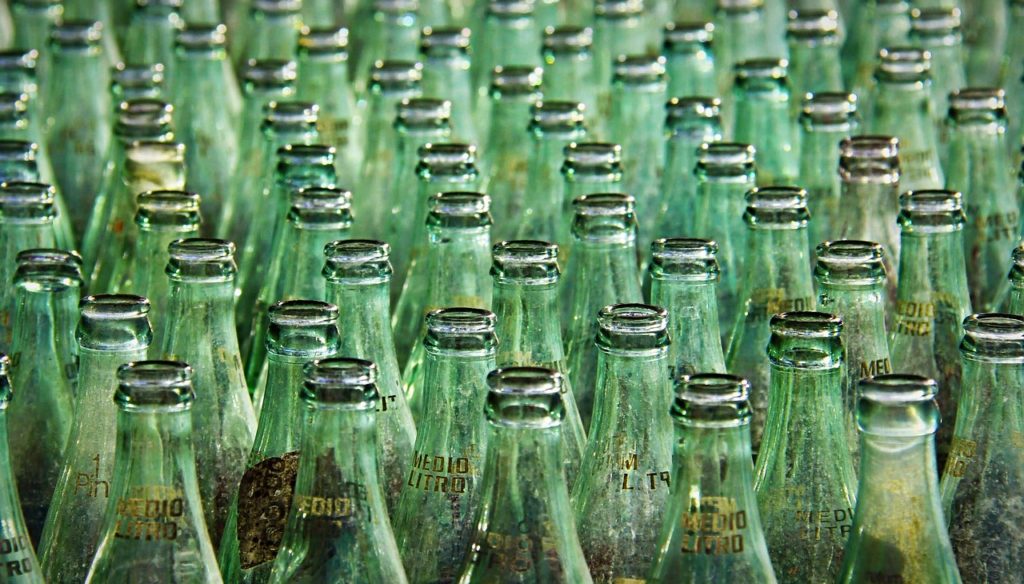


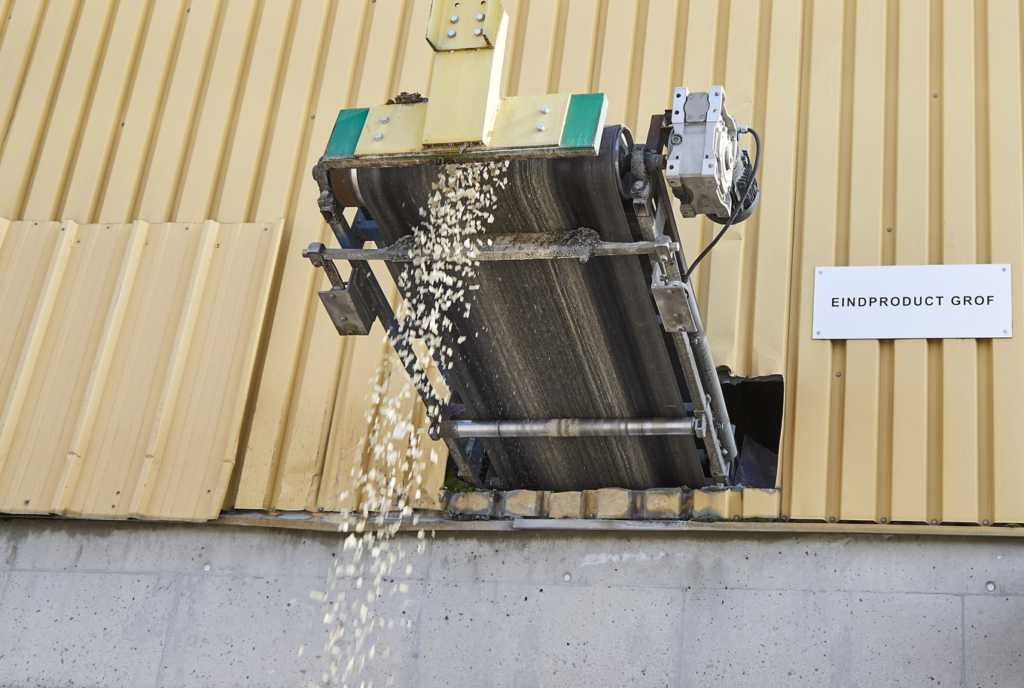
Subscribe for free